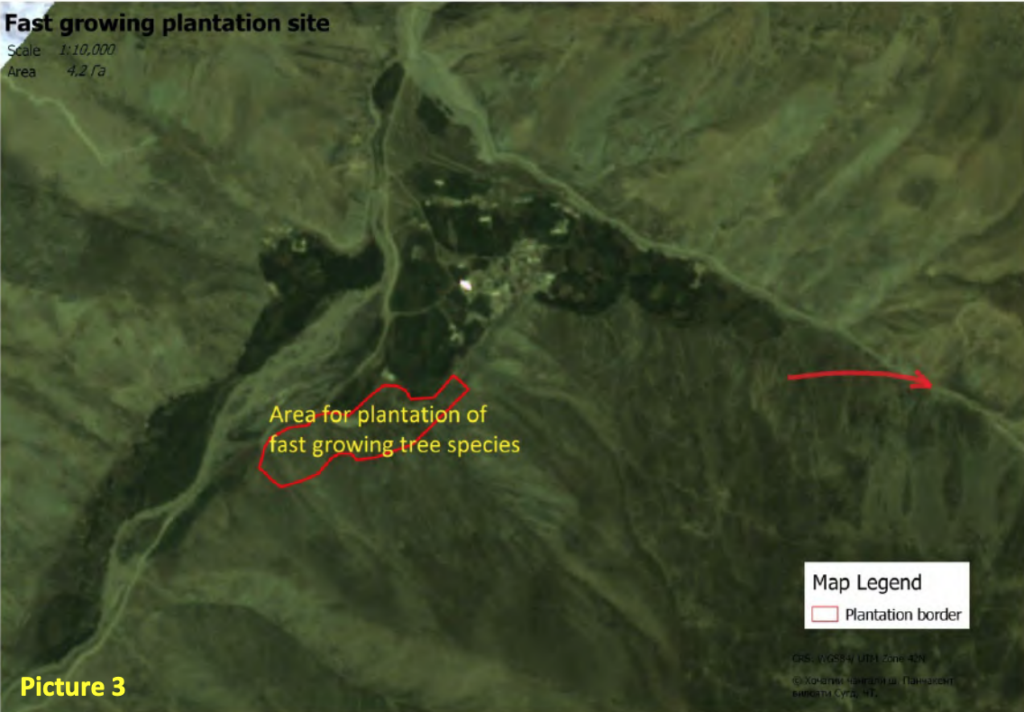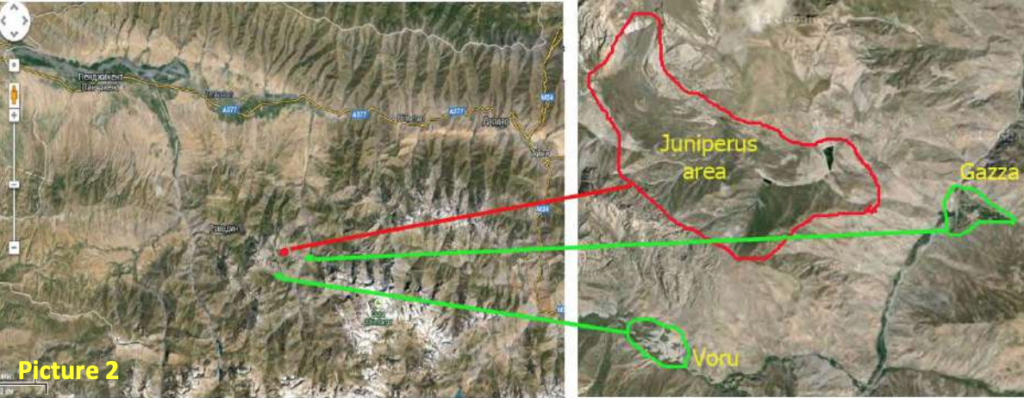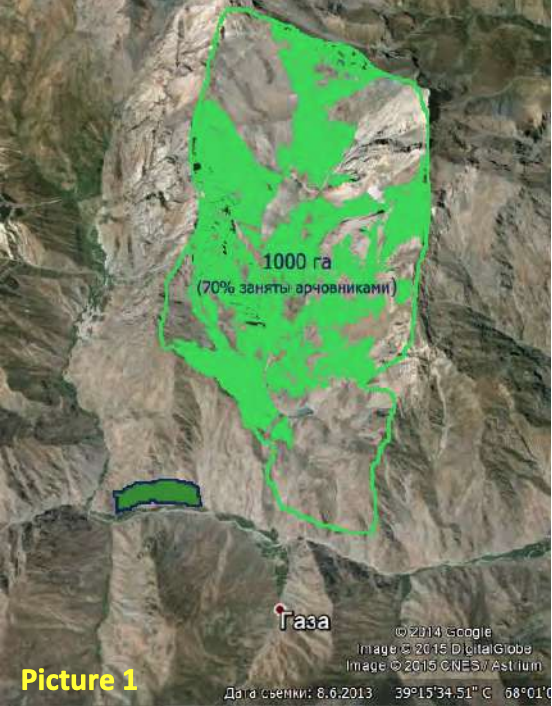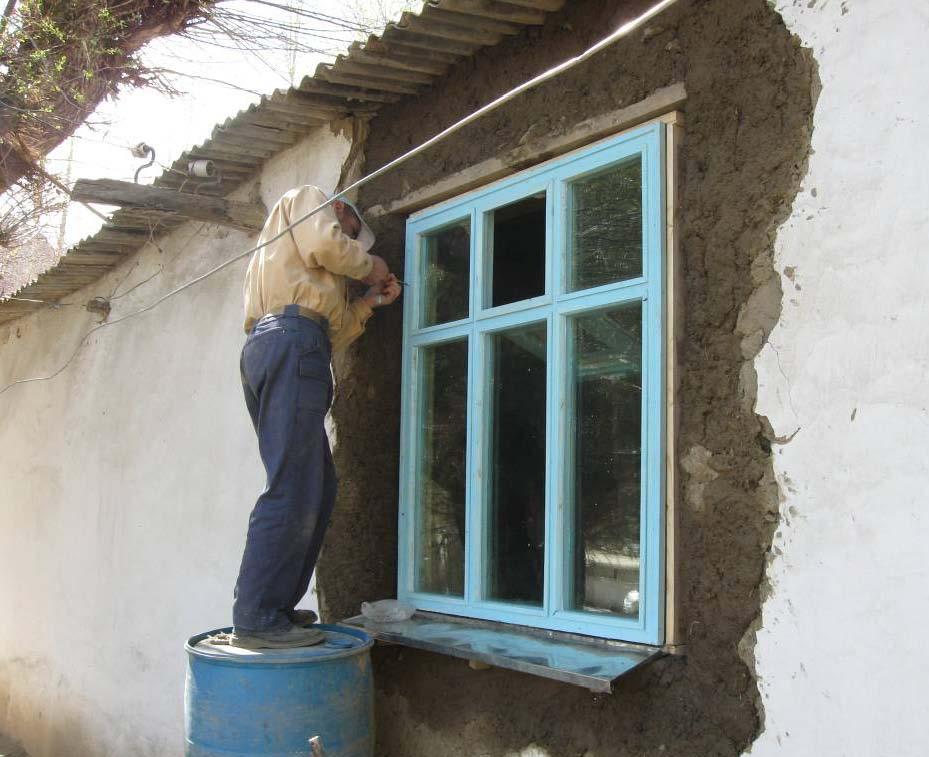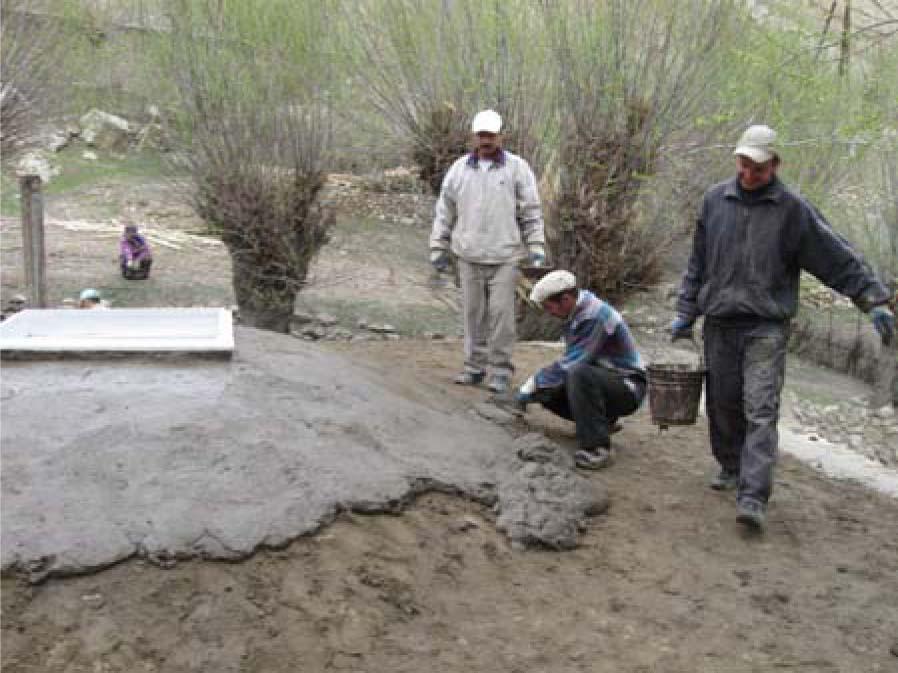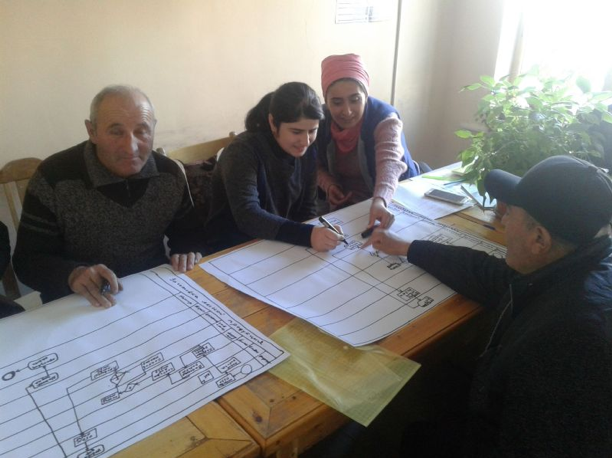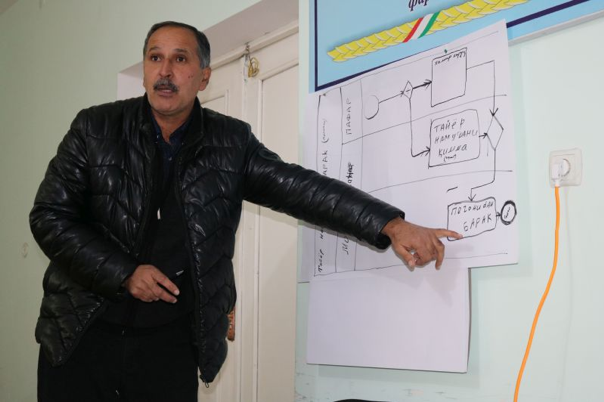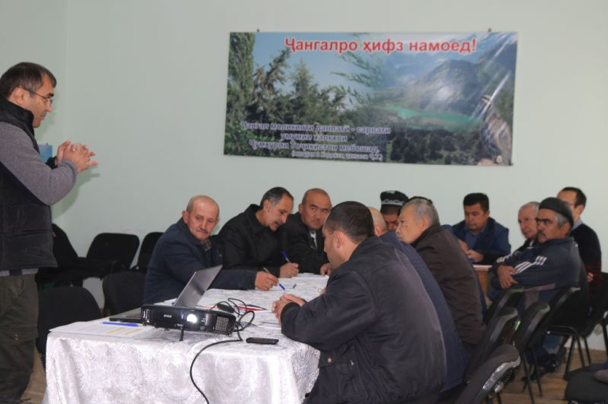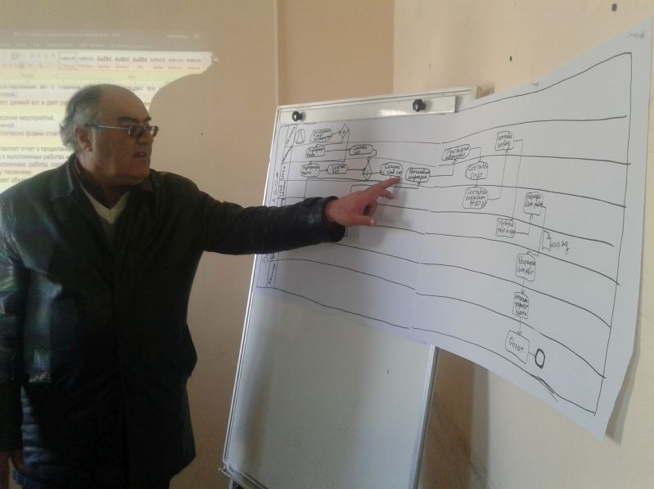Forests play a crucial role in the life of the rural population of Tajikistan. Being an important source of income, firewood, fodder plants, herbs, fruits and nuts are sold locally. Forests also fulfill a major function of regulating water balance and protecting the population against natural disasters. Therefore, restoration and protection of forests are crucial when it comes to increasing resilience and enhancing adaptation to climate change. Unfortunately, after the collapse of the Soviet Union, an increased demand for firewood led to widespread deforestation. This has made the country vulnerable to climate change. Conflicts over land-use rights between leskhozes and the local population also result in the overexploitation and degradation of forest resources.
Successful forest management in Tajikistan requires a multi-level and multi-faceted approach. In this vein, Deutsche Gesellschaft für Internationale Zusammenarbeit (GIZ) GmbH (German Federal Enterprise for International Cooperation) Program has supported the pilot implementation of integrated forest management approaches through restoration and conservation. It is just as important as supporting relevant forest management bodies in charge of planning, managing and monitoring sustainable forest management.
The Joint Forest Management (JFM) approach allows local people to participate in the management and restoration of degraded forests with obvious benefits for both the local population and forestry enterprises. Local forest users sign land lease agreement with state forestry enterprises (leskhozes) for 20 years with an option to extend. This enables them to use forest products in exchange for afforestation of degraded areas. Besides, the local population and leskhozes are involved in forest planning and management and the respective monitoring activities.
The Program team also supports planting fast-growing tree species on common lands near settlements. Such species can be used for logging, thus preventing deforestation of nearby areas. One of the demonstration plots is located near the settlement of Gazza equipped with pipelines for seedling irrigation.
In addition to that, to reduce the felling of trees for heating purposes, local residents were trained in energy-saving technologies in window and door insulation and house construction.
Another effective approach to reforestation of degraded areas was the introduction of a financial incentives for the population.
The centerpiece of the approach design is the establishment of deposit accounts for forest users, which are replenished with funds intended for the purchase of the necessary planting or other materials. This is called the Saving Book Approach (SBA). Forest users together with their local leskhoz develop an action plan that stipulates the amount that will be available to them if they meet the objectives of the previous year. As the income from the forest plot grows, annual revenues from SBA decrease. The SBA implementation term varies depending on the specific conditions of the forest area and species. SBA has made an invaluable contribution to reforestation in Tajikistan.
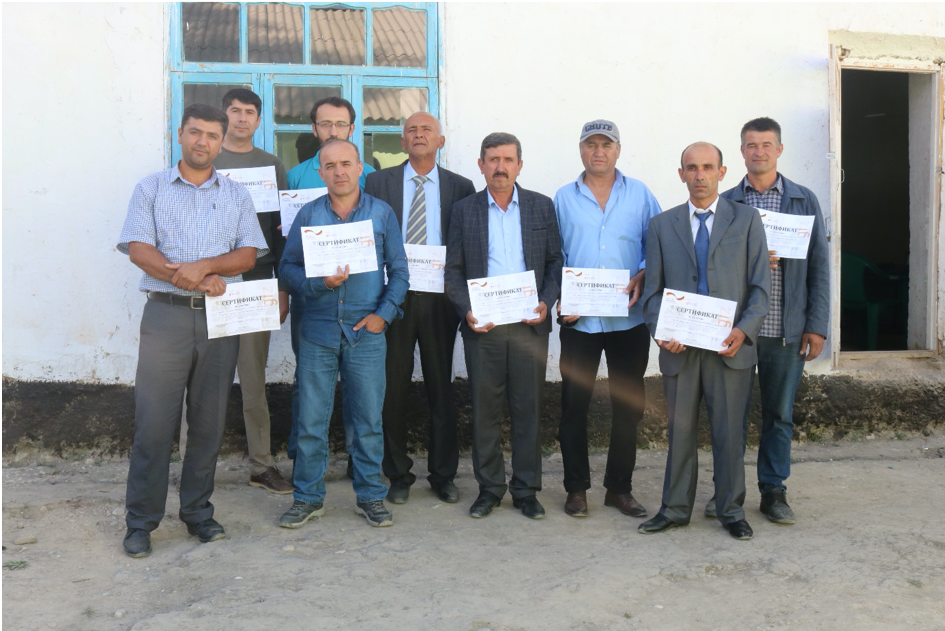
Besides efforts at the national level (legal framework, policies, monitoring systems, new
approaches, etc.), GIZ also provides technical support at the institutional level to improve forest management, implement integrated land management, strengthen the capacity of using digital technology, etc.
The Program also supports private sector participation in the sustainable management of natural resources and the introduction of market-based approaches. For this, various technologies have been developed to increase the efficiency of the use of natural resources, such as forests and water. These technologies are adapted to local conditions at the household and community level and standardized for further use.
